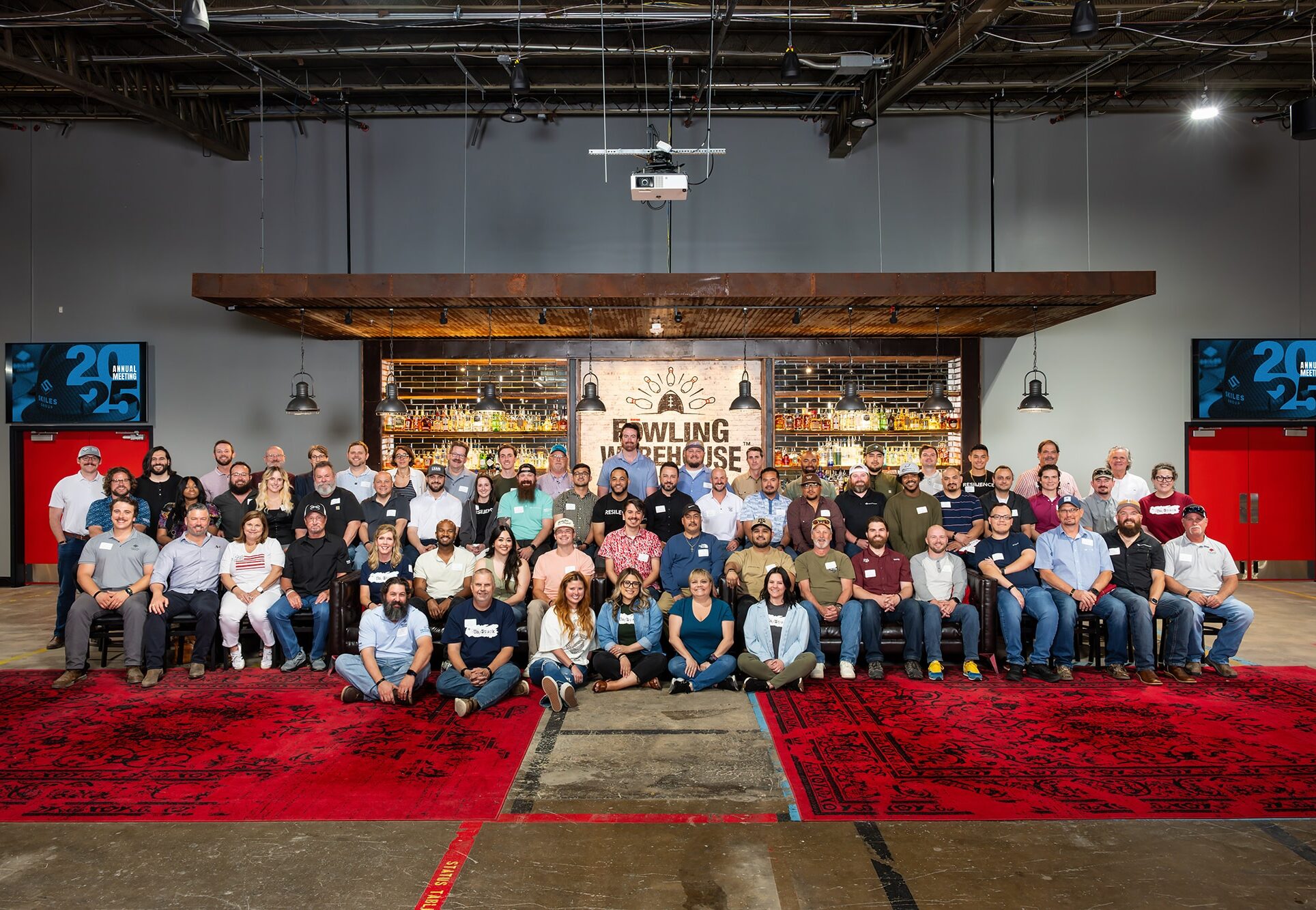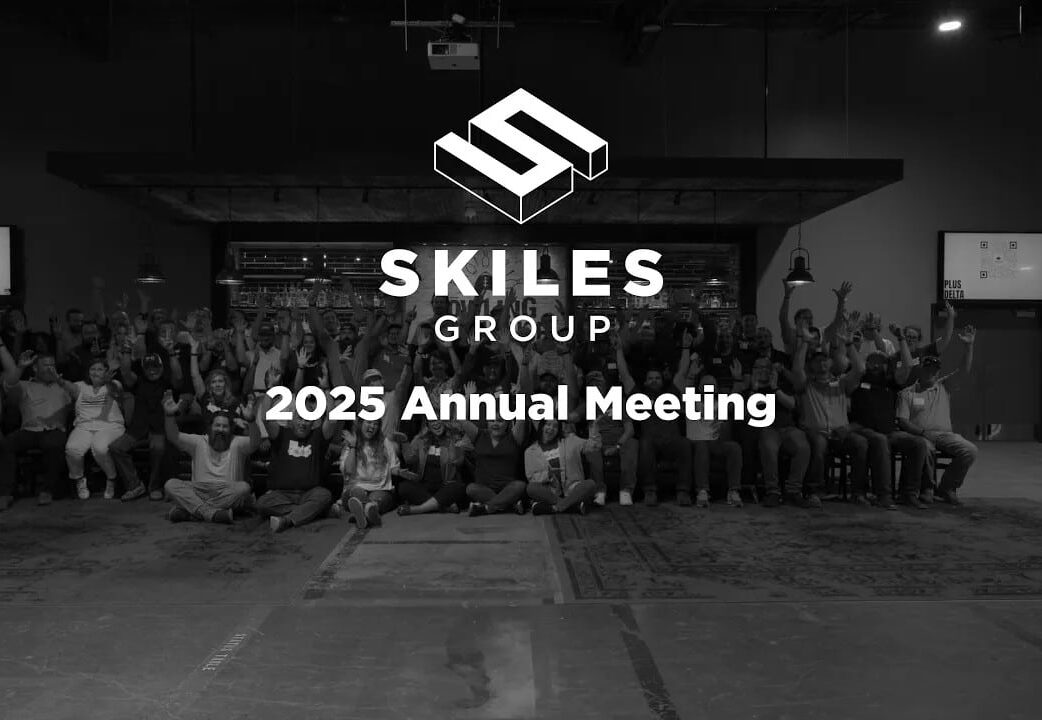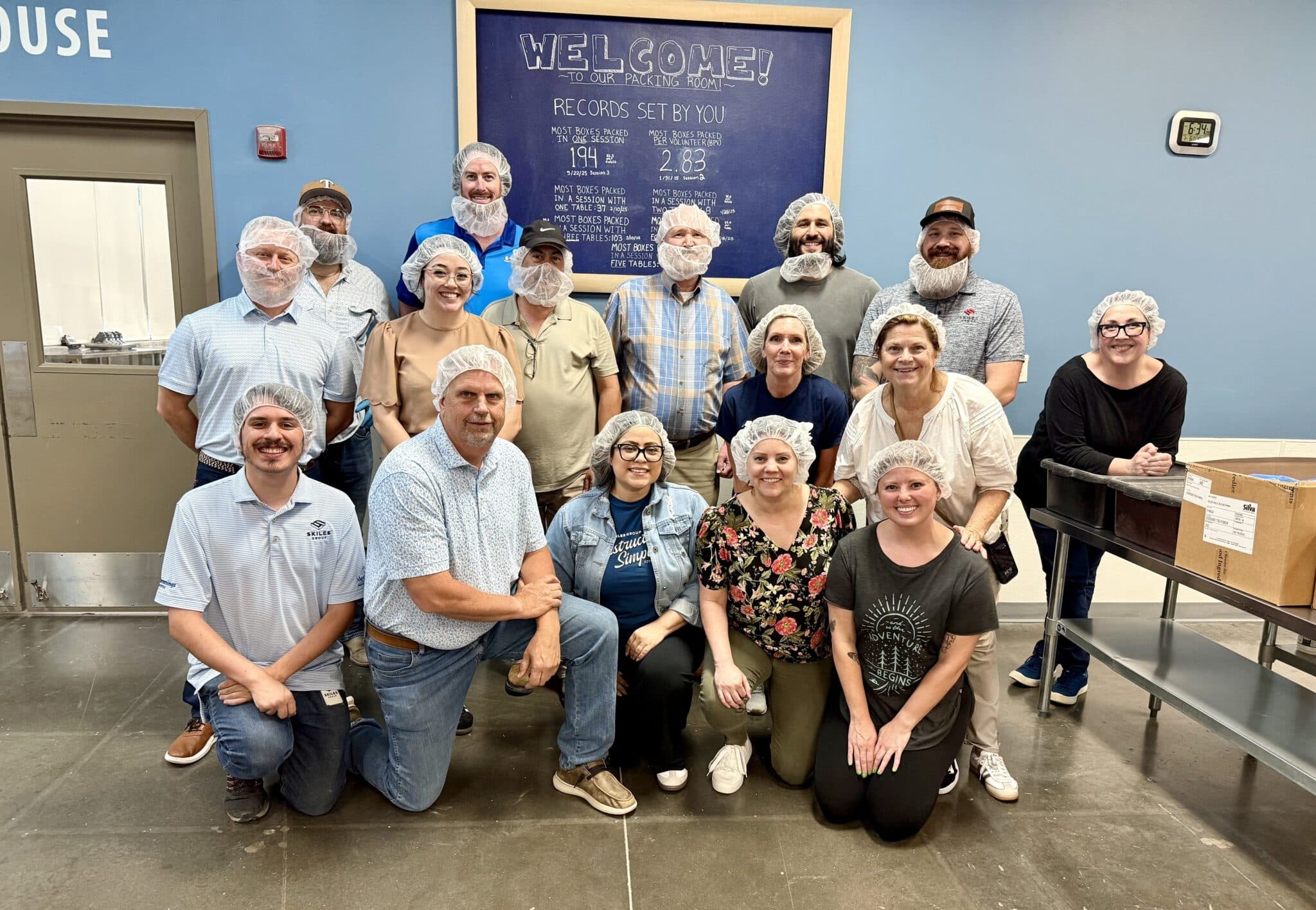Keyan Zandy wants to improve the industry for the next generation of builders.
Announced as its new CEO March 1, Zandy has worked at Skiles Group, a Dallas-area healthcare specialist contractor, for over eight years. Projects completed by Skiles Group include the vertical expansion and parking garage project at Methodist Dallas Medical Center (pictured above) in Richardson, Texas, which won a TEXO Distinguished Building Award and an AGC Outstanding Construction Award.
Formerly the COO of Skiles Group, Zandy co-authored “The Lean Builder” with Joe Donarumo, vice president of another Texas-based contractor, the Linbeck Group. Zandy led Skiles Group’s shift to, and innovation in, lean construction — a practice that uses technology, culture shifts and increased planning to limit waste. He told Construction Dive that lean principles aren’t proprietary, and if construction is going to advance, all builders should have access to lean strategies.
Here, Construction Dive speaks with Zandy about his career path, lean ideals and what every contractor should know.
The following has been edited for brevity and clarity.
CONSTRUCTION DIVE: What brought you to this point in your career?
KEYAN ZANDY: I’ve always been driven to lead a progressive construction firm. I think our industry has a reputation of being stuck in its ways. An “if it’s not broke, don’t fix it” attitude. When I first got into construction, I saw a huge opportunity to leverage what other industries were doing: how they’re innovating, how they’re implementing technology and how they’re looking for a more diverse workforce.
I’m passionate about lean construction. Lean is about respect for people, continuous improvement and the reduction of waste. In trying to figure out how to implement that in our business, I started getting a lot of buy-in. Many of our trades didn’t have general contractors that necessarily valued them. They didn’t have somebody that was asking the question, “Why are we working 80 hours a week?”
Our core purpose, our “why” statement, is that we believe there’s a better way to build.
How do you respond to that traditional attitude? What can be done to get the industry to keep trying new things?
Let’s say you’ve been building for 40 years, and you’re thinking: “Why do I need to be more progressive? Why should I change? I’ve made my company a lot of money. All my projects have finished on time. My clients ask for me by name.”
What I like to do is to take the focus off that person and start talking through some of the changes that have been affecting our industry that they may not be considering. For example, the labor shortages that we have to face.
A lot of our youth don’t necessarily see coming up in our industry through the trades as an appealing job when it actually is — it actually pays very well. Then, if you start looking at how our architects have been commoditized, they have to produce drawings faster than ever and they’re being marginalized on their fee. All these things have an impact on what’s happening in our business today.
Once they start recognizing some of those challenges and changes that they may have just been numb to, it makes them a little more open-minded about working smarter, not harder.
Is there ever a breaking point between doing what’s best for your workers and ensuring that the project owner, even a demanding one, is happy?
In our firm, most of our work is negotiated. We seek out complex work that is hard for clients to commoditize. Not everybody can build a hospital or do a hospital renovation. Because of that, the clients already seek value in that type of builder, so for us at Skiles Group, it’s way more important to serve. We’ve put service above even our love for building. We love to build, but we love to serve more because for us, it’s about the next project. It’s about maintaining that relationship and creating value for our clients.
How do lean construction principles need to evolve in a world where the supply chain is snarled?
On every project, we do tons of collaborative planning with our trade partners. Schedule is important to us, and we build very detailed schedules. But at every milestone, we bring our trade partners in to do phase scheduling and get their input. We look at it as a team schedule. Because of that, all those issues, potential lead times and coordination issues come up much earlier in our process. By treating them as a partner, it allows them to bring up red flags early and for us to look for ways to respond.
The opposite of that is just having a very reactive approach: waiting for issues to arise and then trying to use old-school methods of withholding payment, back-charging and all kinds of crazy things. I just don’t think those tactics will work with this next generation of builders.
Why not?
Their communication style is very different. What excites them about their work and their free time is very different. As a general contractor, we need to start recognizing that the old-school mentality will not work in the future.
If you could look every contractor in America in the eye and tell them one thing, what would it be?
We have a mental health issue in our country, in general. In construction, we lead most industries in suicides. So much so that if you were to take all the other safety fatalities combined, they still don’t match the number of suicides for people in construction. That’s numbing to me.
Why is that? You start thinking about the long hours, the stress of managing budgets, schedules, shift work, night shifts. If you have to do travel work, the isolation of traveling. If guys get hurt on the jobsite and have to take pain medication, there are opportunities to get hooked on pain medicine. Then there’s the mindset of: “We’re not talking about feelings on the jobsite.”
If you think about people’s perception of construction, there are some things that need to change in our industry to make it more appealing. I think my one thing to say is: “As a general contractor, it’s our responsibility to our people and the people in our industry to make sure that we’re providing them a better quality of life.” Because I promise you: If construction shuts down or there’s no one to do the work in the field, everything shuts down.
…
Read this interview on Construction Dive: https://www.constructiondive.com/news/skiles-group-new-ceo-zandy-lean-construction-next-generation-builders/620420/



